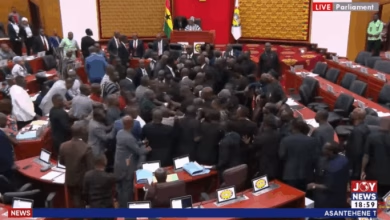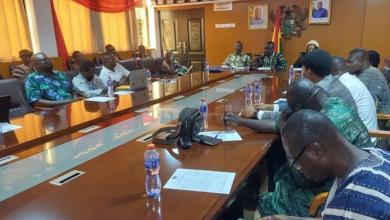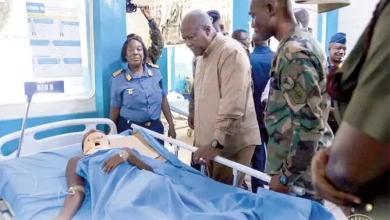19 Midwives at Wa Municipal Hospital Face Charges for Alleged Extortion

- 19 Wa Municipal Hospital staff to refund extorted money.
- Staff guilty of illegal sales and unauthorized fees.
- Refunds range from GH¢4 to GH¢286.
- Actions align with Ghana Health Service's code of conduct.
The management of Wa Municipal Hospital has directed 19 staff members to refund various sums of money to clients they allegedly extorted.
The decision was made after a six-member disciplinary committee found the staff members guilty of selling non-drug medical consumables, making improper demands, and collecting unauthorized fees.
The refunds range from GH¢4 to GH¢286 and are part of punitive measures imposed on the affected staff.
The disciplinary committee was tasked with investigating complaints of extortion, insubordination, and charging of illegal fees.
The hospital’s administrator, Sampson Abu, confirmed the issue and stated that management decided to investigate after receiving several complaints of inappropriate behavior.
The complaints included the alleged illegal sale of non-drug medical consumables to clients at the maternity ward.
The investigation found evidence implicating midwives in grave violations, including the sale of surgical gloves, urinary catheters, urine bags, pads, and bed mats.
Some midwives also confessed to improper demands and the collection of unauthorized fees, contrary to the Ghana Health Service’s code of conduct.
Apart from refunds, affected staff will face changes in work schedules, places, and other punitive measures depending on the gravity of their offenses.
The actions taken against the staff adhere to Chapter 8 sub-sections 1 and 4 of the Ghana Health Service code of conduct and disciplinary procedures.






